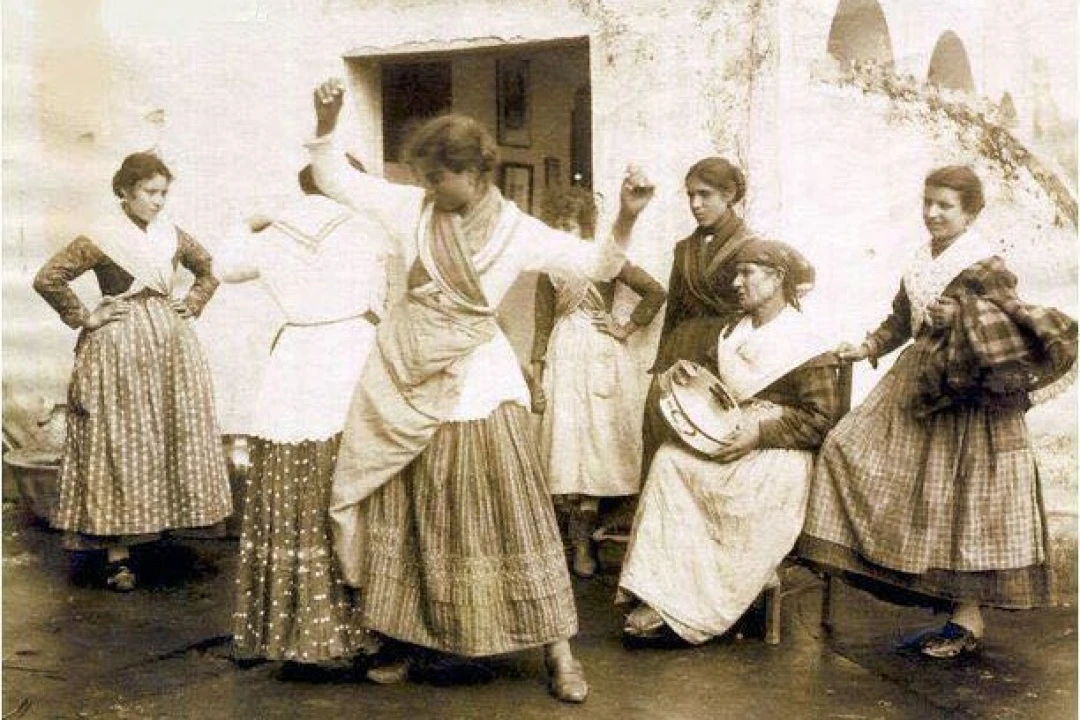ὕβρις. It’s one of the most recurrent terms of Greek literature, especially the texts of the tragedies. Literally translated as pride, haughtiness, or insolence, ὕβρις is most often associated with those who dare defy the gods, committing the sin of ὕβρις against them. The young commoner Arachne, as Ovid recounts in the Metamorphoses, thought herself better than the deities, especially in the art of weaving wool. Athena, angered by Arachne’s vanity, challenged her to a weaving contest.
Athena’s tapestry depicted scenes of the gods in their glory, while Arachne’s portrayed the misdeeds and indiscretions of the gods, particularly those of Zeus, and Athena, in a fit of rage, destroyed the talented weaver’s tapestry and loom. Arachne attempted to hang herself, but Athena took “pity” and transformed her into a spider, condemning her to weave forever.



